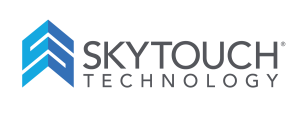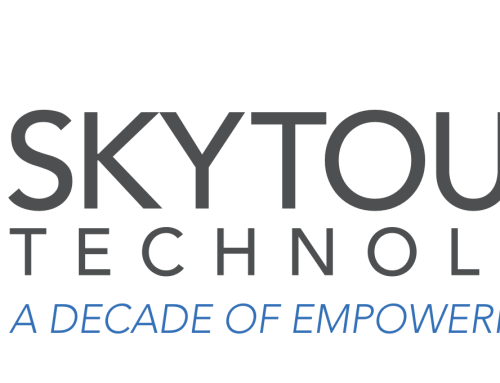Phoenix, AZ June 10, 2013
Cloud computing, which has upended business models from music to movies to medicine, has now reached the hospitality industry in the form of hosted property management systems. These new cloud-based systems eliminate the need to purchase expensive hardware (including servers, networking equipment and data backups) and allow owners and managers to monitor their properties from any device with an Internet connection. When hotel operators hear about this, one of their first questions is about security. How can they trust their sensitive data is secure when it’s somewhere “out there”?
Obviously, any computer system connected to the Internet is at risk of intrusion. But it’s usually safer to trust security to a large vendor whose reputation depends upon being reliable and safe. These organizations are – or should be – funding the personnel and equipment needed to keep systems safe against viruses, malware, intrusions and other security threats.
Another concern is what happens if the Internet connection goes down. It’s always a good idea to maintain a secondary connection that can kick in should something happen to the primary line. The advantage with a cloud-based system is that this can be as simple as a card plugged into a laptop that connects to the cellular network or even – in an emergency – borrowing a nearby WiFi signal (with permission, of course). It’s always easier to find some way to connect to an off-site server that’s still up than it is to resuscitate your own system if it goes down, especially at night or on the weekends.
Once users get past these hurdles, they start seeing all the new opportunities for customized guest experiences. Imagine having a large group or convention coming to your hotel. With a cloud-based solution, you can take a laptop and set up a dedicated check-in station just for those guests. The group feels special because they have their own queue and the front desk is still available for regular check in.
This model can also be extended should the conference itself be at a different location, like a convention center. With an Internet-connected laptop – or even an iPhone and card reader – your staff could check in guests at the conference, with any changes instantly available back at the hotel’s front desk.
Of course, the bottom line is always the bottom line. In our experience, the difference between a bad PMS and a good PMS can easily be a 2.5 percent revenue increase. By integrating into other systems – including Point of Sale (POS), key management, phone/call accounting and entertainment rental – a well-functioning cloud-based system can boost efficiency, increase RevPAR and help improve the overall guest experience.

